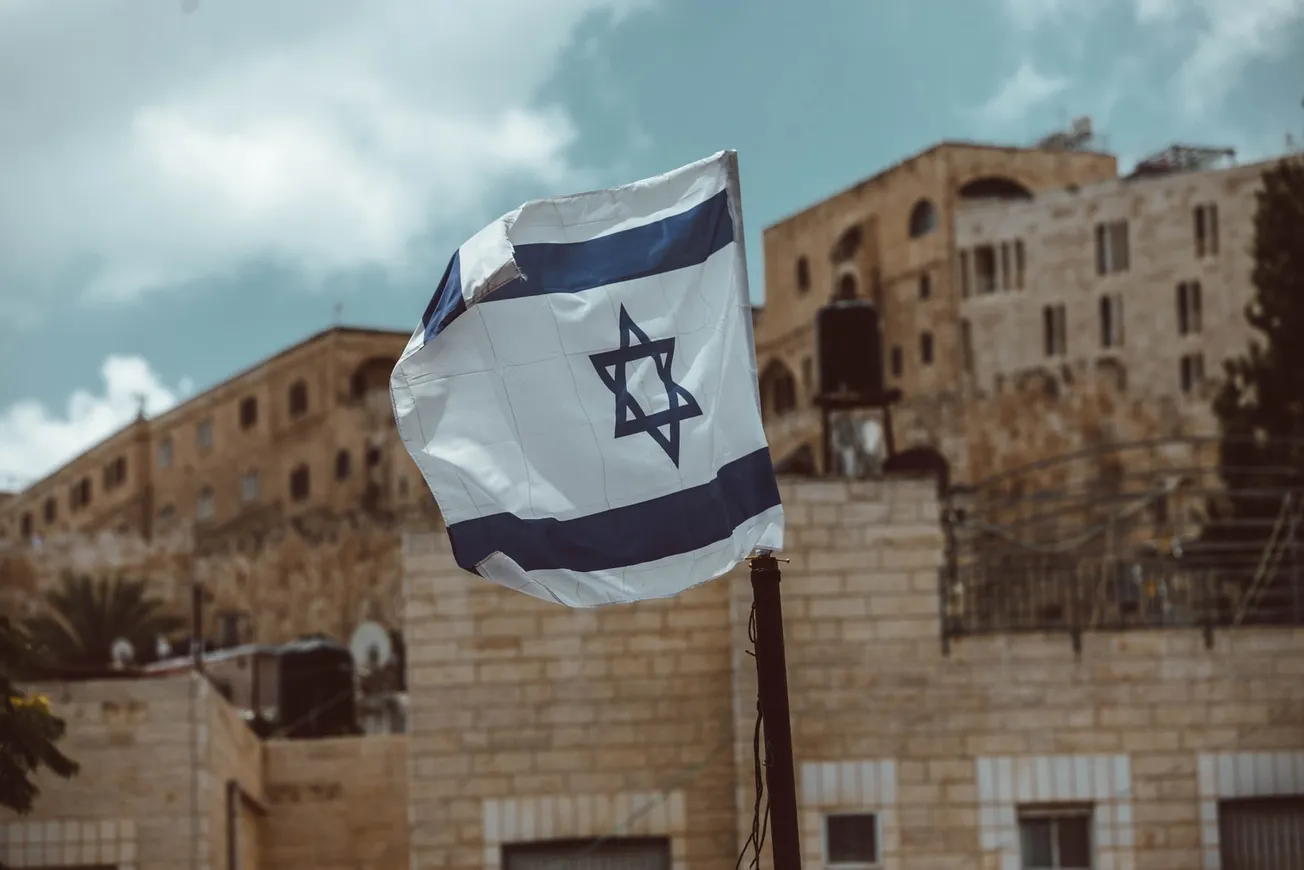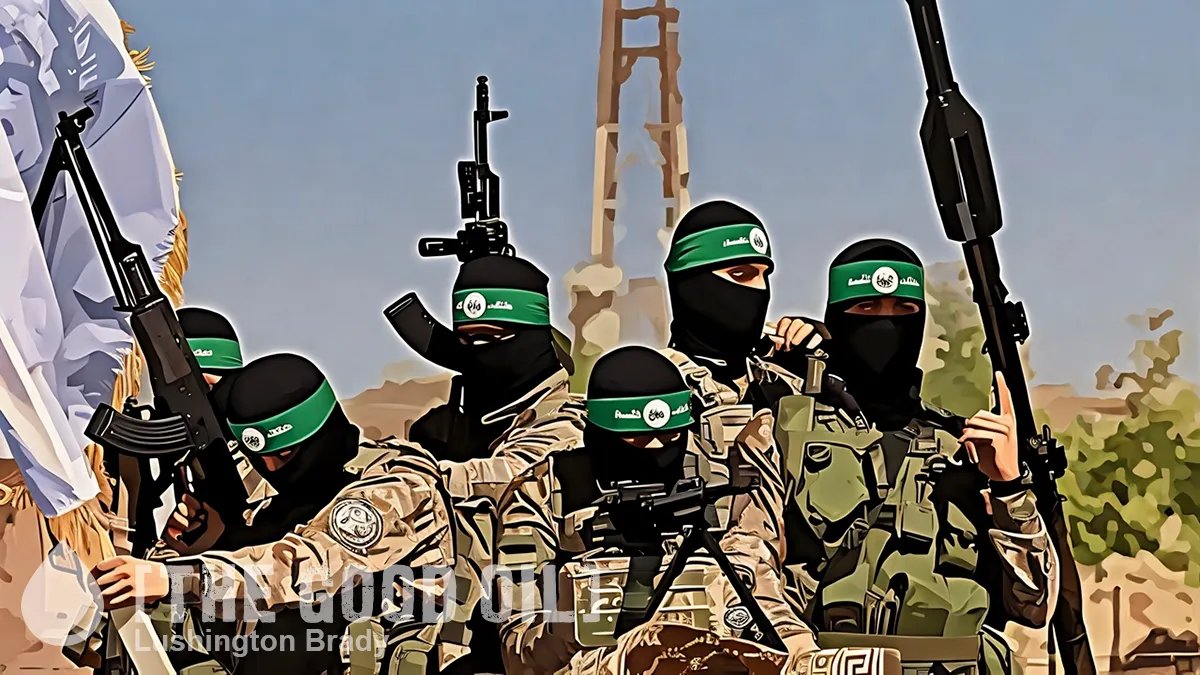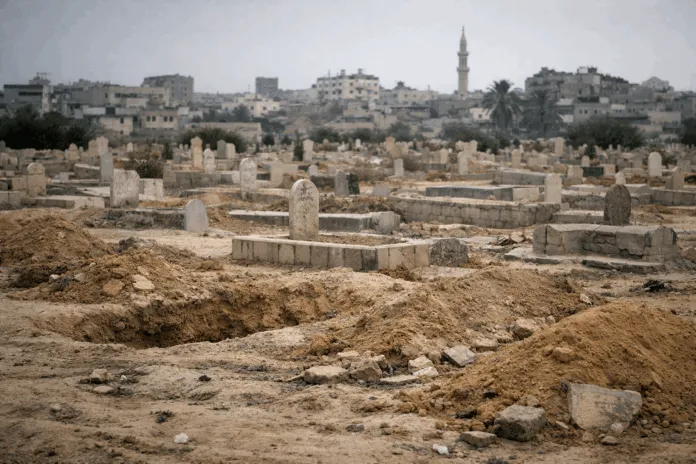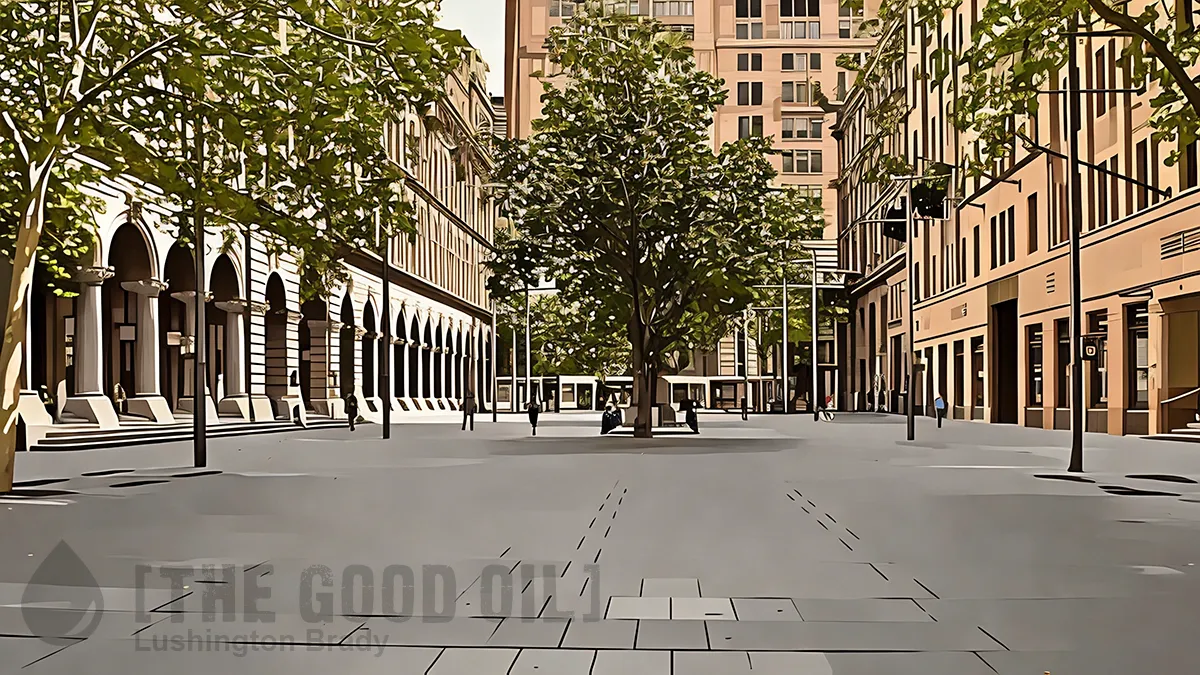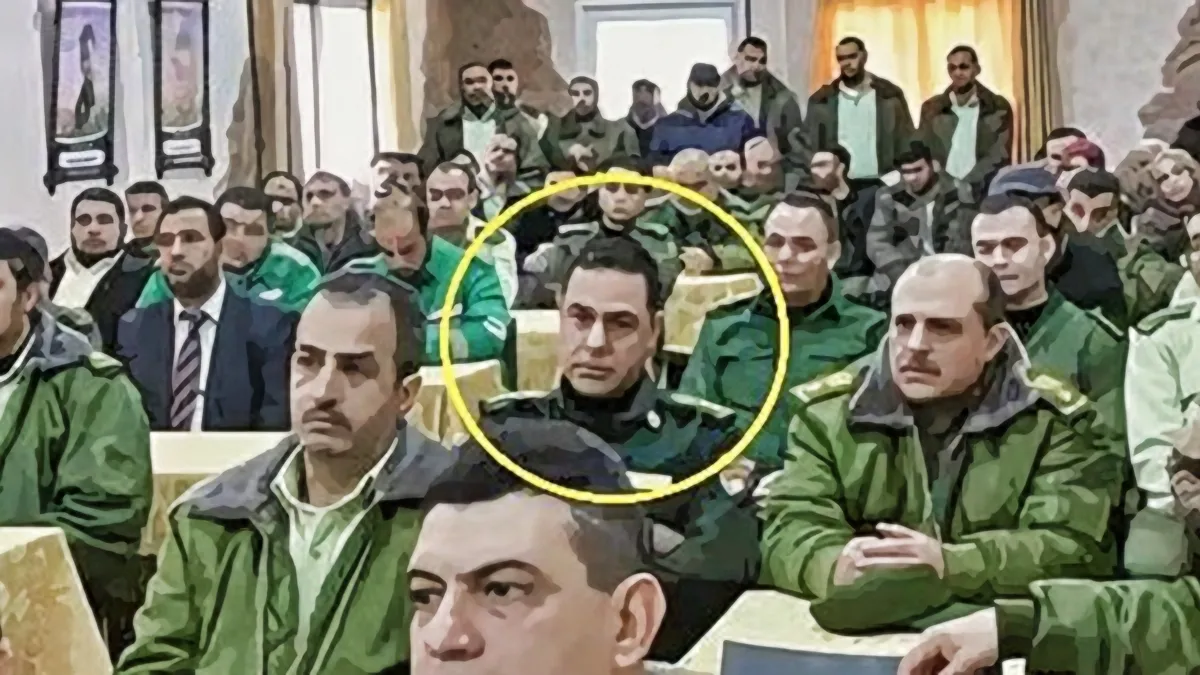Table of Contents
Rex Ahdar, Emeritus Professor of Law, University of Otago
No one can approach the Israel/Palestine debate without hesitation. It is fraught with emotion, rhetoric and deeply-entrenched positions. Despite this, I wish in this short article to bring attention to an open letter and to endeavour to answer one of the principal criticisms of Israel’s response to the heinous events of 7 October.
In the United Kingdom last month, some 200 prominent British citizens – such as Sir Tom Stoppard, Prof Richard Dawkins, former PM Liz Truss and Lord David Frost – signed an open letter supporting Israel, condemning Hamas and expressing concern at the rise in antisemitism in the UK. Some 81,000 members of the UK public have signed the October Declaration.
I decided to do a ‘down-under’ version, and so the October Declaration Oceania was born: www.octoberdeclaration.org. This open letter closely follows the wording of its northern parent. Some 75 prominent signatories from Australian, New Zealand and Samoa have signed – for example, the Rev Margaret Court, the Hon Chris Finlayson KC, the Very Rev Rob Yule and Dame Winnie Laban – and over 700 members of the public in New Zealand and Australia have signed too.
In sending my open letter to potential signatories I was confronted by several recurring objections. A major one took this form (and I confine myself to it in this article): we agree that Israel and the Israeli Defence Force (IDF) have the right of self defence and are justified in taking stern action to secure the release of the hostages and to debilitate (if not eliminate) the ability of Hamas to engage in further atrocities. But, they continue, the IDF has gone too far. It has acted excessively and its actions in bombing civilian buildings, such as hospitals and schools, are inexcusable: the consequent number of civilian casualties is disproportionately large, and frankly, repellent. Some even say the IDF is not much better than Hamas in terms of racking up injuries and deaths. So, my intended signatories concluded, we cannot sign.
I understand their sincere objection. The nightly TV news footage of dwellings reduced to rumble and Gazans, especially children, being retrieved from the remains of buildings is heart-rending (and what Hamas was hoping for). What can one say in response?
I will begin with the right of self defence, which is circumscribed in various ways. These requirements were first expounded in ‘just war’ theories that go back centuries and were later distilled in modern international treaties such as the various Geneva Conventions (especially the Fourth Geneva Convention 1949) and Article 51 of the UN Charter.
One principle is that of ‘necessity’: the response must be necessary to thwart a present attack and (under some versions) further harm. Another is ‘distinction’: the measures must be aimed at combatants and not civilians or civilian facilities. A third, and perhaps most elusive, principle is ‘proportionality’: the retaliatory action, including any expected collateral civilian injuries, must not be disproportionate to the military benefit sought to be obtained.
Notice two things. The response must be aimed at combatants, and the purpose must not be some species of indiscriminate revenge that is directed at combatants, civilians and anyone else who gets in the way. Second, the response must be proportionate to the military objective that is sought to be attained. It is not a requirement that a response be proportionate to the original harm suffered, or that some sort of equal numbers be maintained. (At a subconscious level, I’m sure that the 1,200 Israelis killed is weighed against the 14,000 Gazan deaths – itself a highly unreliable figure given an unknown percentage will be combatants, and the tally is tendentiously inflated by Hamas – and operates as a reason why many maintain that the IDF has overstepped the mark.)
So what can we say? Israel has responded in the same way that the US did when it retaliated against Japan after the Pearl Harbour attack in 1941. Israel’s declared intention is to demolish Hamas and scupper its ability to ever attack Israeli citizens again.
To this espoused end, the air strikes and on-the-ground incursions are not aimed at civilians. Israel’s fight is with Hamas. Measures to minimize harm to the Palestinian inhabitants of the Gaza Strip have been undertaken and continue to be implemented. The IDF gave notice of its intention to target Hamas bases. It has dropped millions of leaflets, broadcast radio messages and used social media, to warn Gazans to evacuate northern Gaza.
Civilian casualties are not the result of deliberate attacks by Israel aimed at them, but rather the unintended (albeit predictable) result of people choosing not to heed these warnings or (more likely) being barred by Hamas from doing so. In other cases, some civilians are remaining in defiance. Not all adult or teenage Gazans are peace-loving innocents who are simply the coerced victims of Hamas despots. And a further complication is that Hamas personnel deliberately blend in so as to avoid harm and later be counted as civilian deaths if they are killed.
Now none of these points can deny that children in this conflagration are innocent and in no way deserve to be maimed or killed. But, even here, Hamas is ultimately responsible for these deaths, with its contemptuous and cynical use of civilians, young and old, as human shields. Not content with martyring themselves, they are prepared to martyr others in their cause.
My defence of Israel (and there are of course more issues to be traversed) has not changed the mind of some of my friends and colleagues and it may not change yours. War is hell and inextricably messy. Finely tuned purposive military measures are not always undertaken. The verdict upon what one side ought to have done in the heat of conflict must ultimately await international tribunals (not band-wagon-jumping politicians and other self-styled experts) who will rule on these matters later.
Meanwhile, we can but hope there will be a rapid end to the current conflict and for the exhausting task of re-building, re-housing, and (even) reconciliation, to commence.
Published in the Otago Daily Times, 1 December 2023

